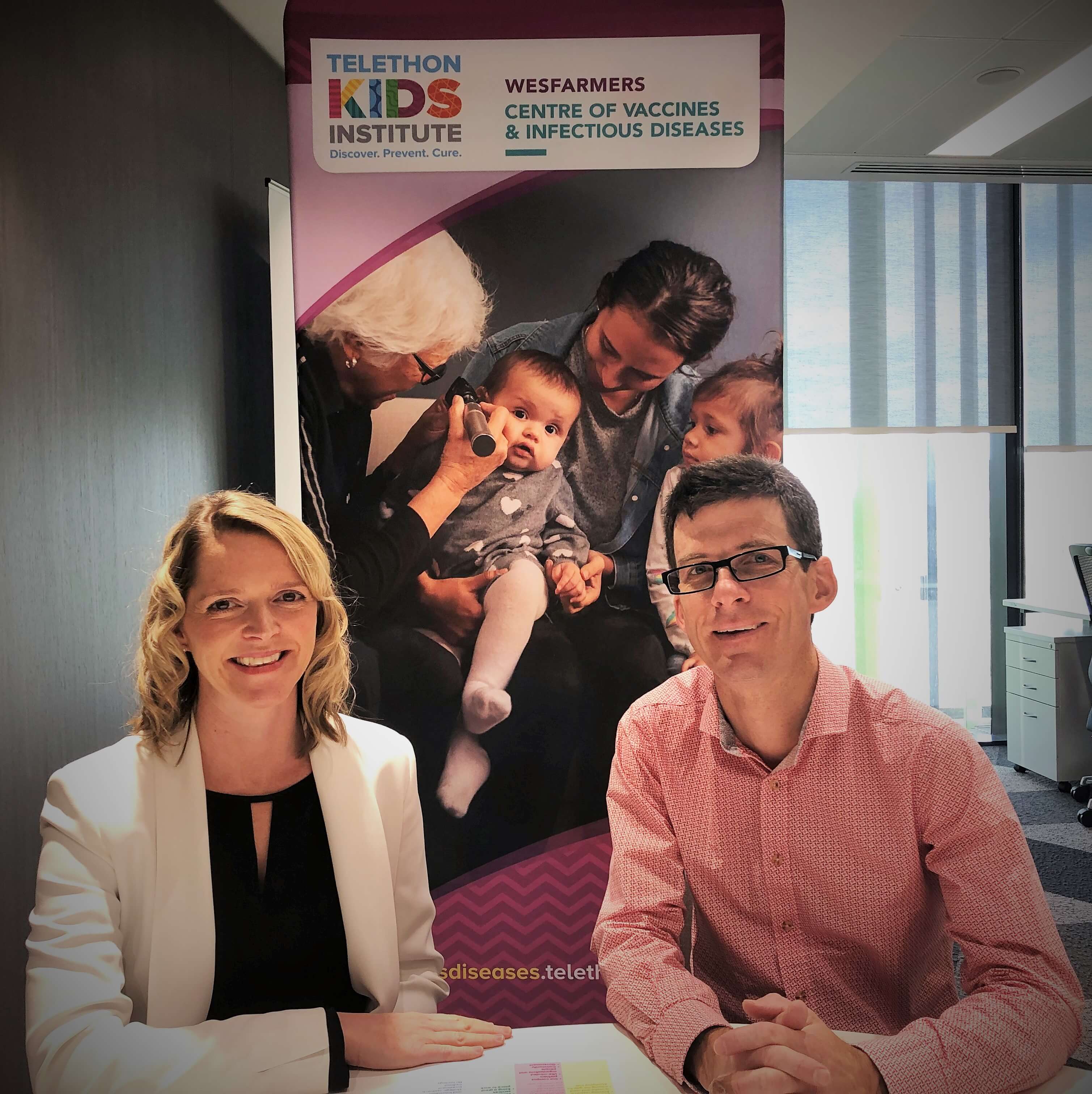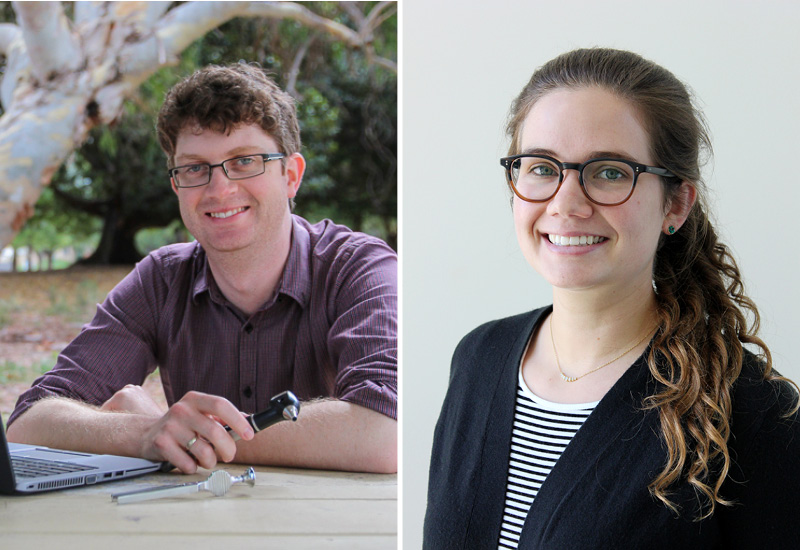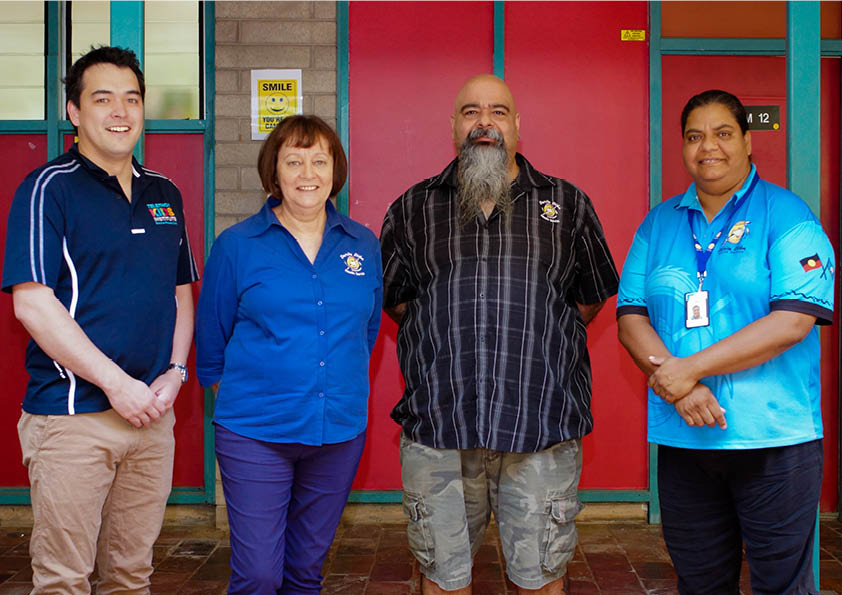Search

News & Events
Multi-million-dollar investment in child health to support vital researchFour The Kids Research Institute Australia researchers have received prestigious fellowships and four significant cohort studies led or co-led by The Kids have received key grants under two new funding programs supported by the State Government’s Future Health Research and Innovation (FHRI) Fund.

Pneumococcal – a bacterial infection that can cause pneumonia and meningitis – is responsible for 1000s of hospital admissions in Australia each year, many of them children.
Research
Otitis media guidelines for Australian Aboriginal and Torres Strait Islander children: summary of recommendationsThe 2001 Recommendations for clinical care guidelines on the management of otitis media in Aboriginal and Torres Islander populations were revised in 2010. This 2020 update by the Centre of Research Excellence in Ear and Hearing Health of Aboriginal and Torres Strait Islander Children used for the first time the Grading of Recommendations, Assessment, Development and Evaluation (GRADE) approach.
Research
An observational study of antibody responses to a primary or subsequent pertussis booster vaccination in Australian healthcare workersAdult pertussis vaccination is increasingly recommended to control pertussis in the community. However, there is little data on the duration and kinetics of immunity to pertussis boosters in adults. We compared IgG responses to vaccination with a tetanus, low-dose diphtheria, low-dose acellular pertussis (Tdap) booster at 1 week, 1 month and 1 year post-vaccination in whole-cell (wP)-primed Australian paediatric healthcare workers who had received an adult Tdap booster 5-12 years previously, to those who received their first Tdap booster. Tdap vaccination was well tolerated in both groups.

News & Events
New Co-directors for the Wesfarmers Centre of Vaccines and Infectious DiseasesDr Lea-Ann Kirkham and Dr Chris Blyth have been appointed as Co-Directors

News & Events
The Kids researchers named as finalists in 2020 Premier’s Science AwardsTwo The Kids Research Institute Australia researchers have been named as finalists in the 2020 Western Australian Premier’s Science Awards.

News & Events
The Kids infectious diseases researcher named a WA Young Tall PoppyA The Kids researcher focused on ensuring kids are protected from infectious diseases will be named among WA’s most outstanding young scientists at the upcoming 2021 Young Tall Poppy Science Awards.

News & Events
Prestigious fellowship to help end the cycle of painful ear infectionsA The Kids Research Institute Australia ear health researcher has received a prestigious national fellowship to support her search for new therapies to improve the lives of kids who suffer repeat middle ear infections.

News & Events
New RHD research collaboration with Danila Dilba Health ServiceThe Kids Research Institute Australia and Menzies School of Health Research have joined forces with Danila Dilba Health Service to look at improving treatment for RHD.

News & Events
Inaugural Winner of the Deborah Lehmann Research AwardCongratulations goes to Celestine Aho, the inaugural winner of the $30,000 Deborah Lehmann Research Award.
